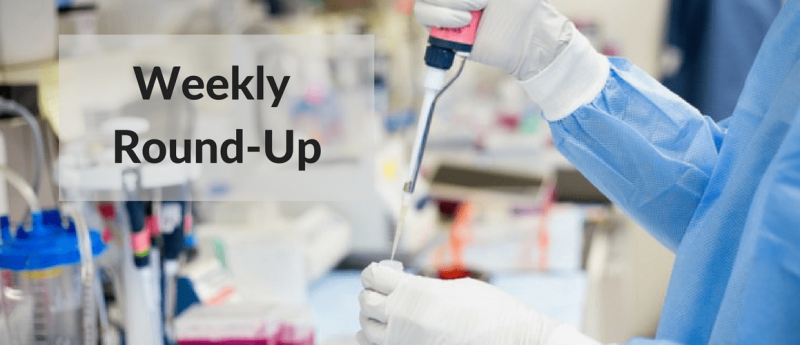Cell therapy weekly: safety concerns over gene therapy delivery send stocks dropping

This week: two new therapies for epidermolysis bullosa show potential and safety concerns over gene therapy delivery send stocks dropping.
Safety concerns regarding AAV-based gene therapies sends stocks dropping
Concerns about adeno-associated virus (AAV)-related toxicity published in a recent paper from Human Gene Therapy have sent biotech stocks tumbling. Stocks in Solid Biosciences Inc. (MA, USA), where the corresponding author, James Wilson, was until recently a member of the advisory board, fell up to 11%, while other companies such as AveXis (IL, USA), Sarepta Therapeutics (MA, USA) and Audentes Therapeutics (CA, USA) fell 2—3%. In the paper, Wilson discussed how animals that had received a high dose of a corrective gene delivered by AAV had been sent into a toxic crisis. The FDA recently placed a partial clinical hold on the Solid Biosciences’s lead product, SGT-001, a treatment for Duchenne muscular syndrome that involves high-dose AAV gene therapy.
However, in a client note, RBC Capital Markets analyst Brian Abrahams commented that AxeVis “has already dosed at least a dozen Type 1 spinal muscular atrophy patients with the systemic AAV9 gene therapy AVXS-101 at a dose of 2×1014 and has not observed these toxicities, so it is possible such [adverse events] are not applicable to humans, are only related to the specific variants Dr. Wilson’s lab described, and/or are related to manufacturing impurities — though it could help explain FDA’s apparent scrutiny in analyzing much of AVXS’s preclinical and manufacturing data ahead of filing/approval for the drug.”
Hope for epidermolysis bullosa patients with two promising therapies
Patients suffering from recessive dystrophic epidermolysis bullosa (RDEB) could soon have more effective therapeutic options with news in the development of two autologous cell-based therapies. EB-101, a gene corrected autologous cell therapy from Abeona Therapeutics Inc. (TX, USA) has been granted Regenerative Medicine Advanced Therapy (RMAT) designation by the FDA. The RMAT designation allows manufacturers to work closer with the FDA to expedite their product’s review and approval.
“EB-101…utilizes a patient’s own cells and genetically re-engineers them to produce the missing collagen protein, which helps hold skin on to the body. This reduces the number of painful blisters caused by injury and has demonstrated improved wound healing in our Phase I/II clinical trial for over 2 years,” explained Timothy J. Miller, President and CEO, Abeona. “We look forward to continuing our collaborative discussions in defining the pathway forward for the Phase III trial set to begin later this year.”
Further north, Fibrocell Science, Inc. (PA, USA) has announced that it will shortly begin enrollment of pediatric patients into the Phase II portion of a Phase I/II clinical trial for FCX-007, a gene therapy being developed in collaboration with Intrexon Corporation (VA, USA). FDA approval for the enrollment comes after encouraging safety data and early rends in wound healing from 4 adult patients.
“Receiving allowance from the FDA to include pediatric patients in the Phase II portion of our clinical trial of FCX-007 signifies important clinical progress, moving us closer to our goal of transforming the lives of RDEB patients,” commented John Maslowski, President and Chief Executive Officer, Fibrocell. “We believe our distinctive approach to treatment–targeting the underlying origin of the disease–holds promise to relieve the chronic symptoms and suffering associated with RDEB.”
For more weekly cell therapy news, read previous editions of ‘the week in cell therapy’.